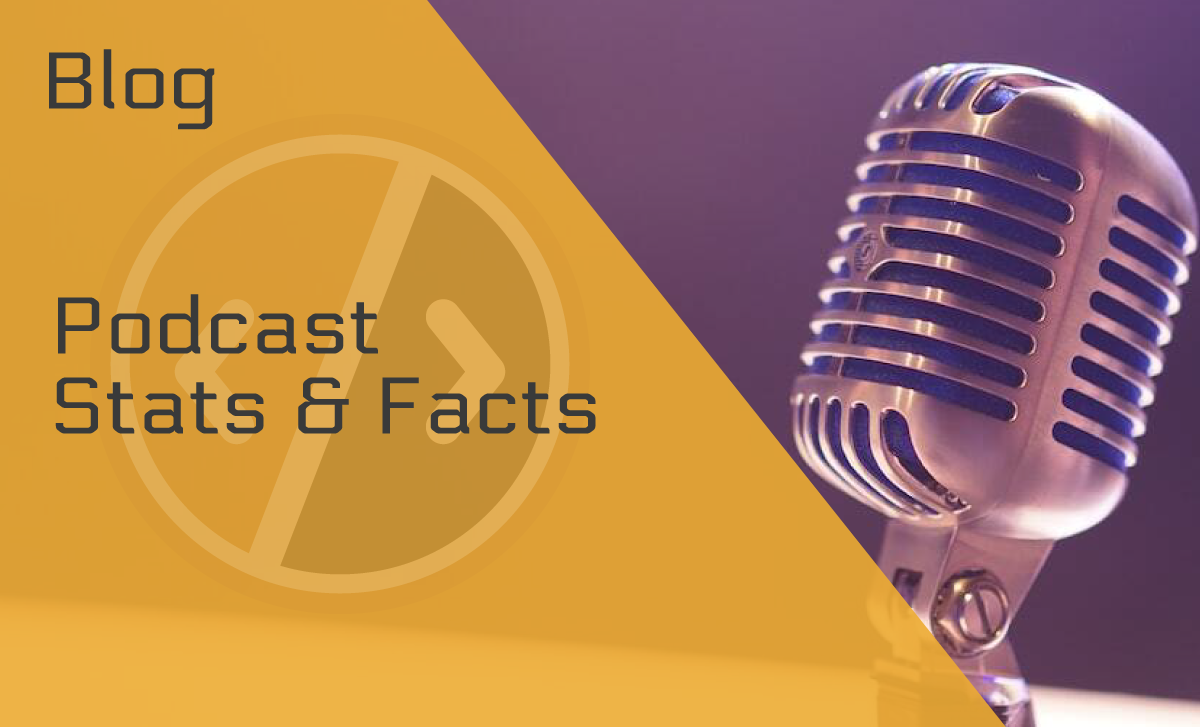Innovative Chip Paves the Way to Supercomputer of the Future
Published: November 8, 2021
Perhaps the most significant challenge in building a fully functional supercomputer is simultaneously operating multiple qubits on a quantum chip. Qubits, or quantum bits, are basic units of quantum information.
A group of quantum physicists from the University of Copenhagen recently reported making a breakthrough in resolving that challenge. Typically, simultaneous control pulses applied to a qubit negatively affect the control of another qubit.
Notably, major tech companies, such as IBM and Google, have based their qubit research for quantum processors on superconductor technology. On the other hand, the UCPH group went with semiconductor qubits called the spin qubits.
The research group members, Federico Fedele and Asst. Prof. Anasua Chatterjee applied this technique and overcame the challenge of controlling qubits.
According to Fedele, spin qubits are comprised of electron spins. The latter are trapped in semiconducting nanostructures — quantum dots. As a result, individual spin states can be entangled with each other and controlled.
Additionally, spin qubits can also remain in their quantum states for quite some time. That might enable faster performance and more accurate computations than other types of platforms.
What’s more, spin qubits are minuscule, and you can squeeze more of them onto a chip than with other approaches. Essentially, a computer’s processing power is greater with more qubits. The UCPH team fabricated four qubits in a 2×2 array on a single chip to do just that.
Now, the next task is to make qubits communicate with each other. In other words, researchers want to connect these qubits in circuits that can operate multiple units of quantum information. The main challenge now is that the chip’s 48 control electrodes need to be tuned manually and continuously despite environmental drift.
Thus, the researchers will now focus on optimizing algorithms and machine learning to automate tuning. Collective efforts from quantum physics, computer science, and microelectronics engineering may lead to the next milestone of spin qubits, potentially opening the road to supercomputers of the future.







